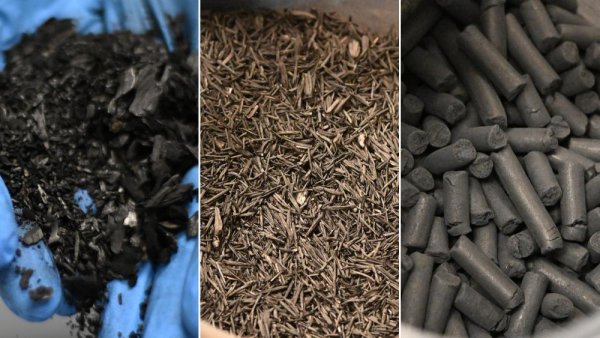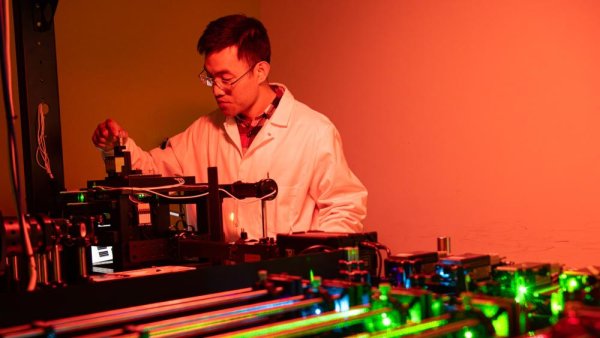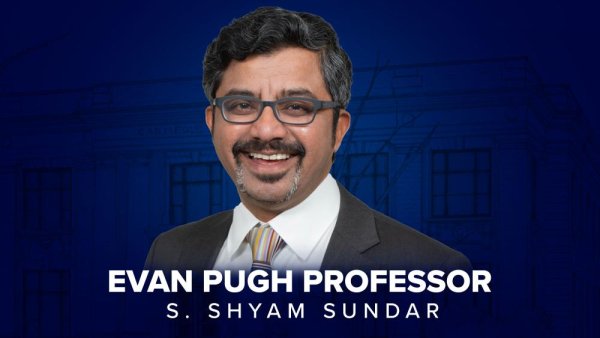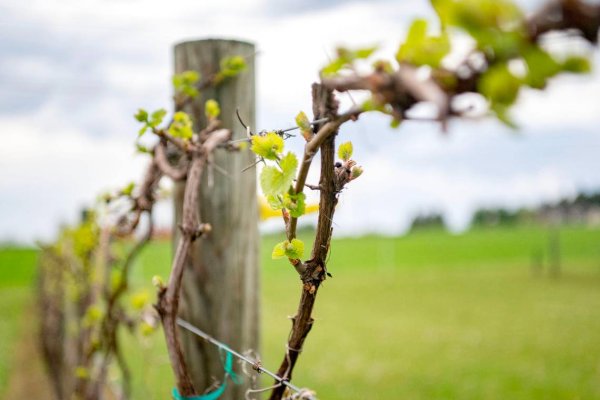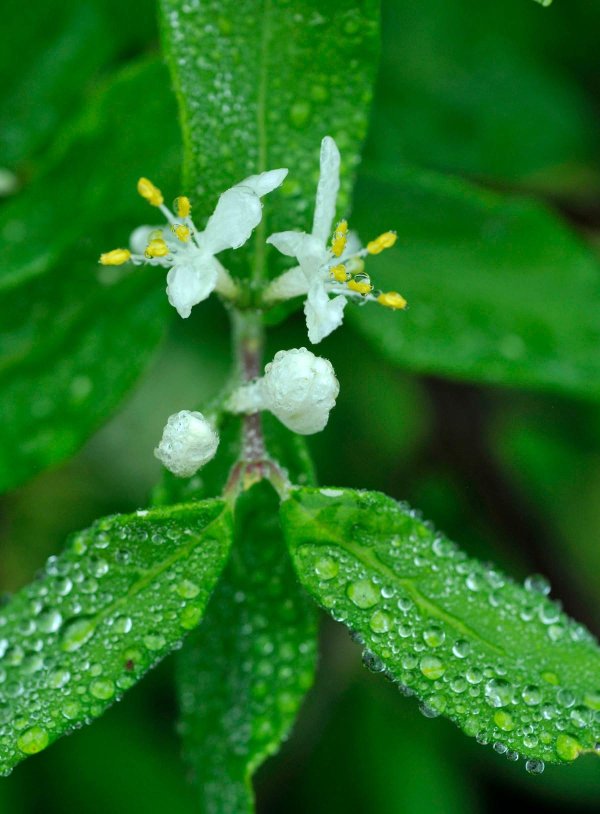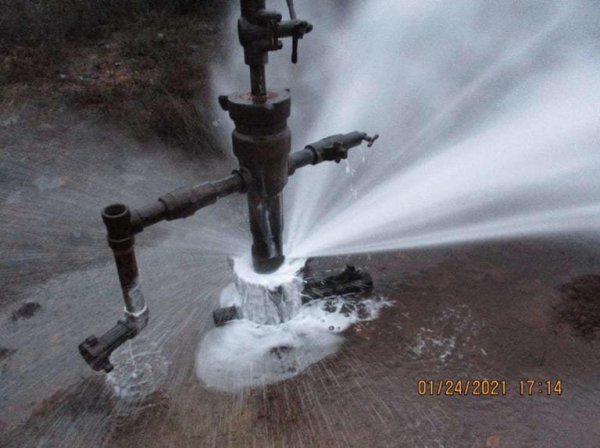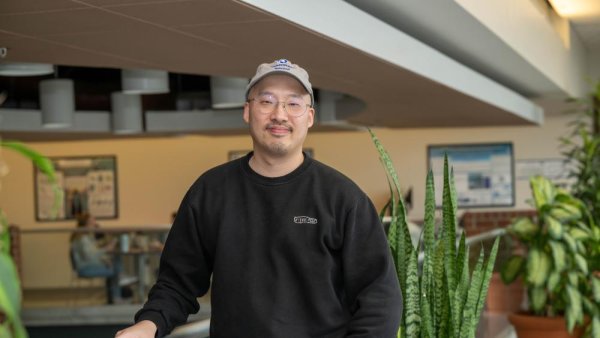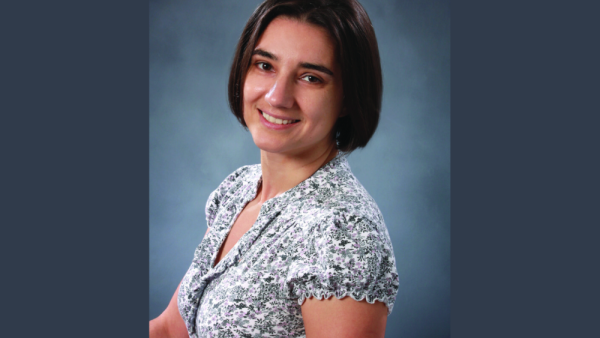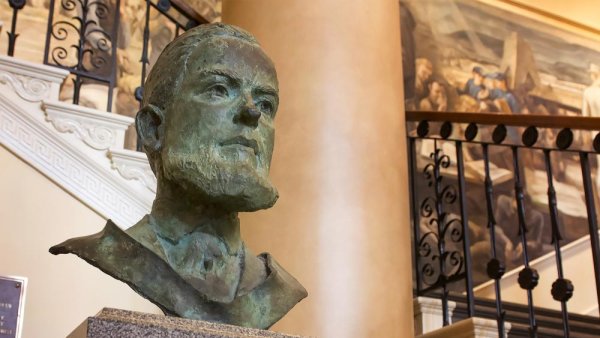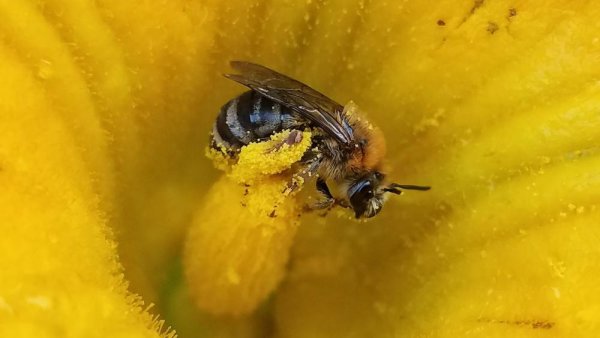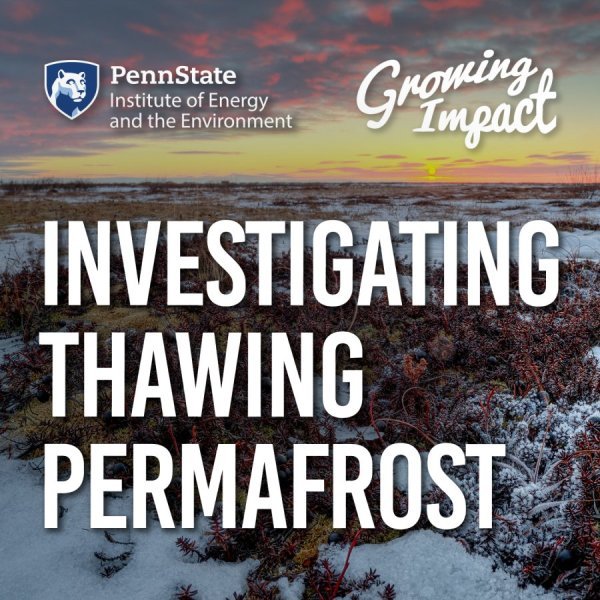Video series shares sustainability lessons from trip to New Zealand, Australia
| psu.edu
If a picture is worth a thousand words, Annie Taylor hopes videos will bring an invaluable experience — an opportunity to learn about sustainability — to everyone, without traveling far from home. Last year, Taylor, senior assistant dean for distance learning in the Penn State College of Earth and Mineral Sciences, and Kaitlin Farnan, a business instructor at Penn State Altoona, led 20 Penn State students on a trip to New Zealand and Australia to learn about sustainable business practices.
Q&A: Decarbonizing steel manufacturing
| psu.edu
David Mazyck, professor and head of Penn State’s School of Engineering Design and Innovation, and Daniel Whisler, associate professor of engineering design, were awarded a three-year, $1.33 million grant from the U.S. Department of Energy to explore ways to decarbonize the steel and iron manufacturing industry.
Why is breaking down plant material for biofuels so slow?
| psu.edu
New research led by Penn State investigators has revealed how several molecular roadblocks slow the breakdown of cellulose for biofuel production. This process, if accelerated, could avoid concerns around using a food source like corn for biofuels while taking advantage of abundant plant materials that might otherwise go to waste.
S. Shyam Sundar named Evan Pugh University Professor
| psu.edu
S. Shyam Sundar, the James P. Jimirro Professor of Media Effects, director of the Penn State Center for Socially Responsible Artificial Intelligence and founding director of the Media Effects Research Laboratory, has been named an Evan Pugh University Professor, the highest honor that Penn State bestows on a faculty member.
Flam: A century of bad choices will haunt Earth for 100,000 years
| pressdemocrat.com
Some say this era should be dubbed the Anthropocene because of the effect humanity is having on the planet. This article quotes Richard Alley, Evan Pugh Professor of Geosciences.
Spotted lanternflies pose a major threat to vineyards. Centre County wineries are on alert
| yahoo.com
The invasive insect can have a damaging effect on Happy Valley’s vineyards if a large population takes hold this season. This article quotes Brian Walsh, educator with Penn State Extension, and Michela Centinari, associate professor of viticulture.
'The Cape Cod jungle': What you should know about invasive plants
| yahoo.com
Those darn invasive plants can really take a toll on Cape Cod gardens -- here are some tips on how to battle back. This article quotes Penn State Extension expertise.
Fracking waste wells owned by an Ohio senator are leaking. The state paid $1.3 million to clean it up
| msn.com
Injection wells owned by an Ohio state senator leaked fracking waste deep underground in Noble County before blasting through the surface miles away at an oil well, warranting a $1.3 million cleanup effort. This article quotes Dave Yoxtheimer, assistant research professor of earth and mineral sciences.
Behrend graduate HanBin Lee receives Alumni Achievement Award
| psu.edu
HanBin Lee, a 2014 graduate of Penn State Behrend, was recently honored as one of 11 Penn State Alumni Achievement Award recipients. He is the first Korean person to receive the honor, which recognizes alumni 35 years of age and younger.
Réka Albert named Evan Pugh University Professor
| psu.edu
Réka Albert, distinguished professor of physics and biology at Penn State, has been named an Evan Pugh University Professor, the highest honor that Penn State bestows on a faculty member.
Five faculty members honored with Evan Pugh University Professorships
| psu.edu
Five Penn State professors have been named Evan Pugh University Professors, the highest honor bestowed upon faculty at the University, effective July 1: Réka Albert, distinguished professor of physics and biology; Suresh Canagarajah, Edwin Erle Sparks Professor of Applied Linguistics, English, and Asian Studies; Vijaykrishnan Narayanan, A. Robert Noll Chair Professor of Computer Science and Engineering; Clive Randall, distinguished professor of materials science and engineering; and S. Shyam Sundar, James P. Jimirro Professor of Media Studies.
Bee body mass, pathogens and local climate influence heat tolerance
| psu.edu
How well bees tolerate temperature extremes could determine their ability to persist in a changing climate. But heat tolerance varies between and within populations, so a research team led by Penn State entomologists examined bee physical traits — such as sex differences in body mass — to understand how these traits interact with environmental conditions, pathogens and other factors.


